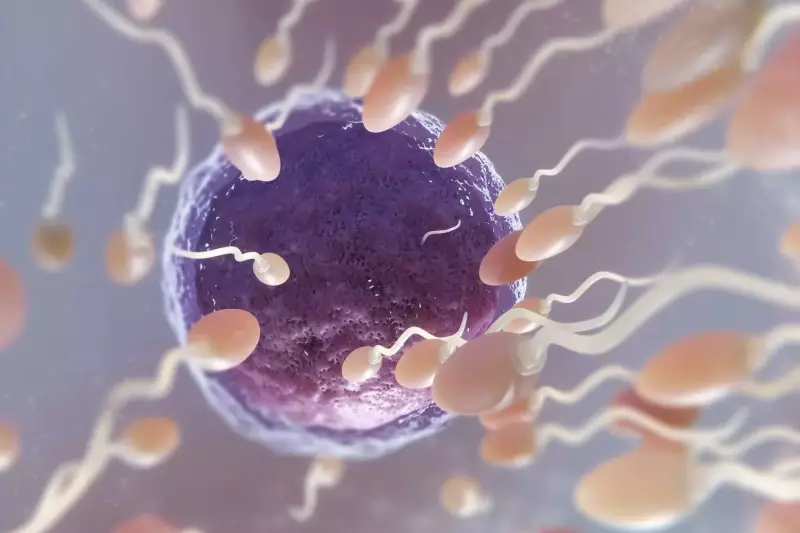
For many Nigerian couples dreaming of starting a family, the journey to parenthood can be challenging. While fertility issues are often associated with women, medical experts reveal that male factors contribute to nearly half of all infertility cases.
The Silent Signs You Should Never Ignore
Many men remain unaware of subtle indicators that could signal fertility problems. Here are seven critical warning signs that warrant medical attention:
1. Changes in Sexual Function
Difficulty with erection, reduced sexual desire, or problems with ejaculation can indicate underlying health issues affecting fertility. These symptoms might point to hormonal imbalances or other medical conditions.
2. Testicular Abnormalities
Pain, swelling, or lumps in the testicular area should never be ignored. Regular self-examinations can help detect potential issues early, including varicoceles – enlarged veins that can impair sperm production.
3. Hormonal Imbalances
Unexpected changes like reduced facial or body hair growth, breast enlargement, or unexplained weight gain might signal hormonal issues that can impact sperm production and quality.
4. Recurrent Respiratory Infections
Frequent lung and sinus infections could indicate Kartagener's syndrome, a rare condition that affects sperm mobility and function.
5. Previous Medical Treatments
Past chemotherapy, radiation therapy, or certain surgeries (especially involving reproductive organs) can significantly affect fertility. Men who've undergone these treatments should discuss fertility preservation options with their doctor.
6. Chronic Health Conditions
Diabetes, thyroid disorders, and autoimmune diseases can interfere with sperm production and quality. Proper management of these conditions is crucial for maintaining reproductive health.
7. Environmental and Lifestyle Factors
Exposure to toxins, excessive heat, smoking, heavy alcohol consumption, and drug use can all negatively impact sperm health and production.
When to Seek Professional Help
Medical professionals recommend consulting a fertility specialist if you and your partner have been trying to conceive for over a year without success, or six months if the woman is over 35. Early intervention can make a significant difference in treatment outcomes.
Hope Through Modern Treatments
The good news is that many male fertility issues are treatable. Options range from medication and lifestyle changes to advanced procedures like Intrauterine Insemination (IUI) and In Vitro Fertilization (IVF). Recent advancements have made these treatments more accessible and successful than ever before.
Breaking the stigma around male infertility is the first step toward addressing this common but often unspoken challenge. By recognizing the signs early and seeking appropriate care, many Nigerian men can overcome fertility obstacles and achieve their dreams of fatherhood.





